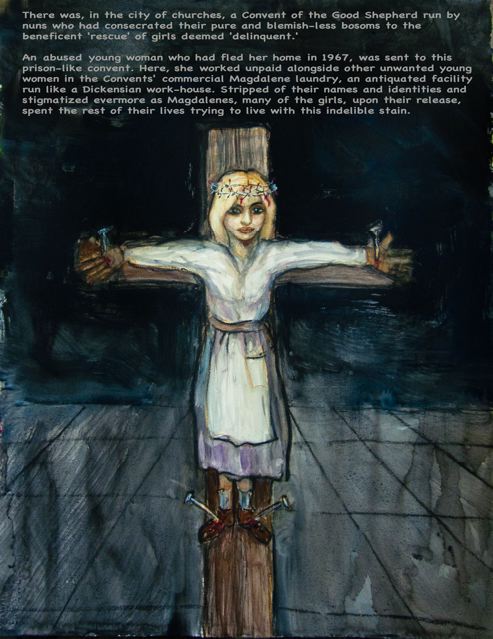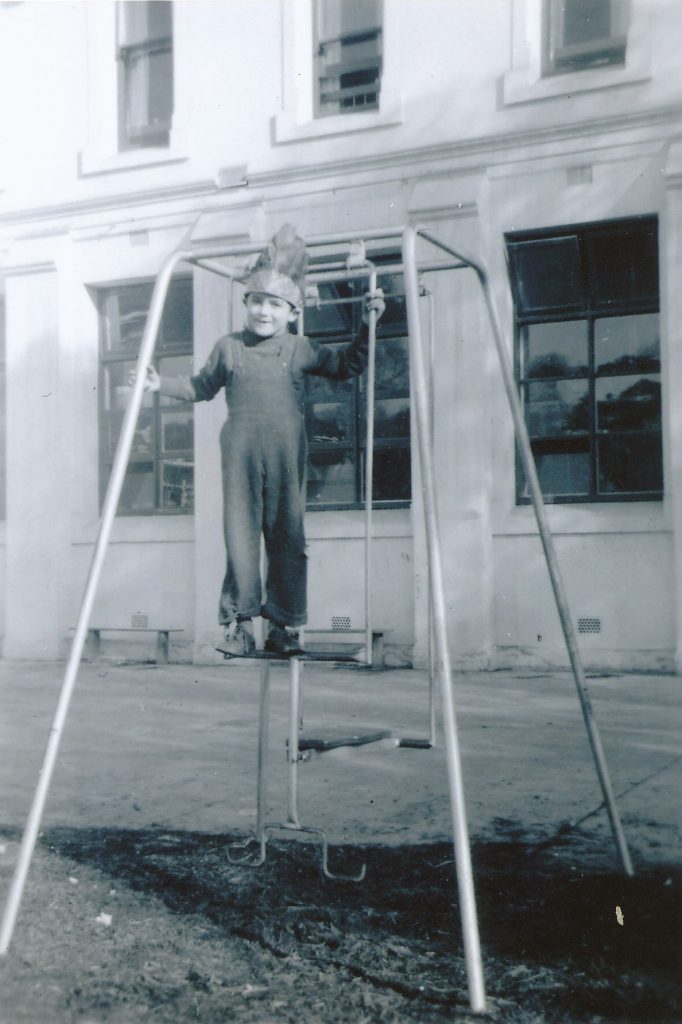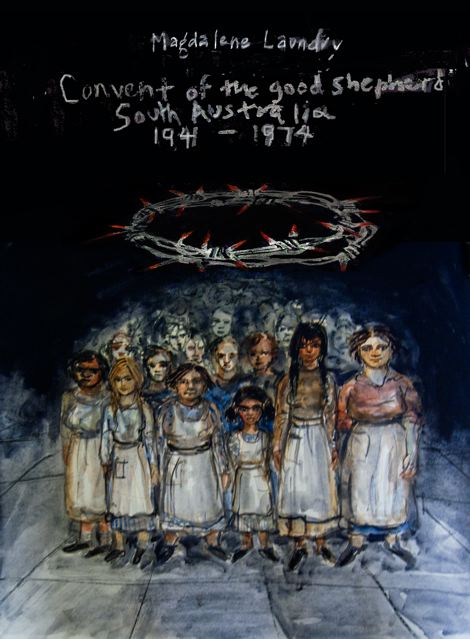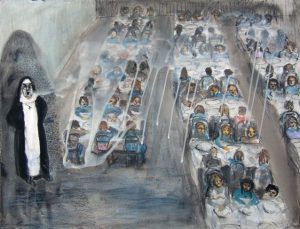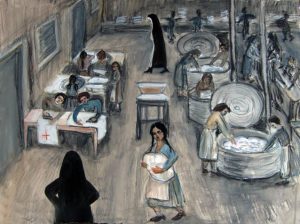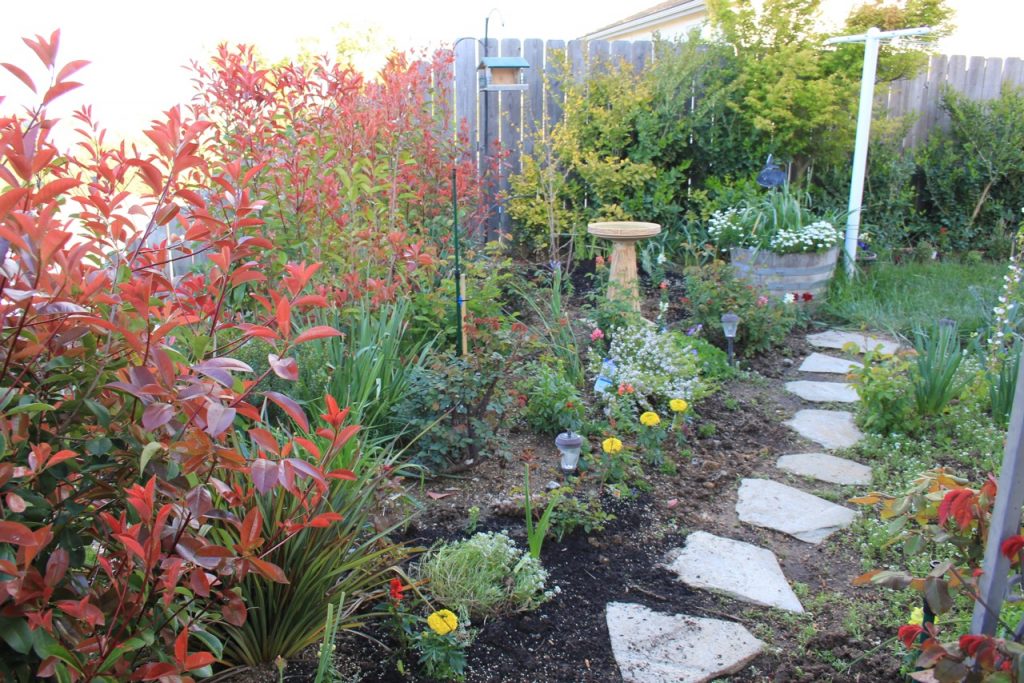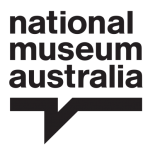by Wendy Sutton (guest author) on 13 April, 2011
Wendy Sutton, a former inmate of The Pines (Convent of the Good Shepherd), Plympton, South Australia now lives in New York, USA. Here she shares her poetry.
Stuck in a Void
Are we stuck in a void, toiling with the end and the beginning?
escape then is inevitable
Or, is it a wanderlust for new experiences?
Western Culture suffocates & retards my senses and the very essence of who I am
Where do I go?
Is it deaths door of which I am finally arriving at, no satisfaction with this existence, no joy in sharing my “true” life.
Wendy Sutton Fe.2/1995 Australia
“She”
All my senses are alerted
By such a ballistic, turbulent chaos, so unsettling, and almost agonizing,
And yet so mysterious and alluring
But, without falter she continues to savage relentlessly to the end,
Only to slow such chaos for the ultimate caress of which still remains undivided. Joyous and so faithful and a never ending reliability that the very same secret devotion in which the sun rises and sets . . . . it is from the very depths of the ocean’s savagery that such delicate waves indubitably encounter the shore, with a gentle kiss.
This gives me so much strength, to know that no matter what the oceans wildest storm, the turbulence, the pain, the horror nor tragedy,
She blesses and transforms me with such courage and endurance, that through my own turbulence, I too will surely come to shore each and every time with a refreshed breathe of life, caressing the very existence of my horizons . . . . .
Wendy Sutton, NYC Monday 4th 2002
I Think
An English Manor, oh so Grand,
with an attic,
she used to frequent the attic,
from dawn till dusk,
draw she did.
A big woman, grey hair in a bun
not tight.
Pale skin, not a blemish.
Beautiful teeth,
Straight and just off white.
She smells of English rose perfume,
a gentle subtle fragrance.
She’s dead now, My Grandmother.
I never knew her,
I never met her, not once.
Wendy Sutton -Darwin 1986-
The Rose
It is a masterpiece of Nature
The perfect cup in which the rose bud is embedded, so striking and yet so
seemingly fragile,
but held sturdy via the gallantry of her thorny stem
Two polarities set to deter anything that would destroy the unfolding exquisiteness of The Rose,
such protection,,,,,, not even expected,
it just is.
Wendy Sutton 2002 New York City
Watching with Intensity
It is watching the intensity of it all pass by me,
The escalation of the era, the history of which I dance within,
the dance that goes on,
and
the history changes day by day, to my titillation . . .
I smile with a passion quenched with adoration,
it has now come before me -in a manner of which- holds a glimpse of what is mere fetal,
thus, a touch of agony,
and yet,
an abandon creativity that sets me free to infiltrate, ready to explode
the particles of which fall, with a gentle cascade, softly, slowly,
oh the beauty
feel the sensation, become a part of the Universal force
only to succeed another existence,
………………………………………………….
for some
*
Wendy Sutton 1995

